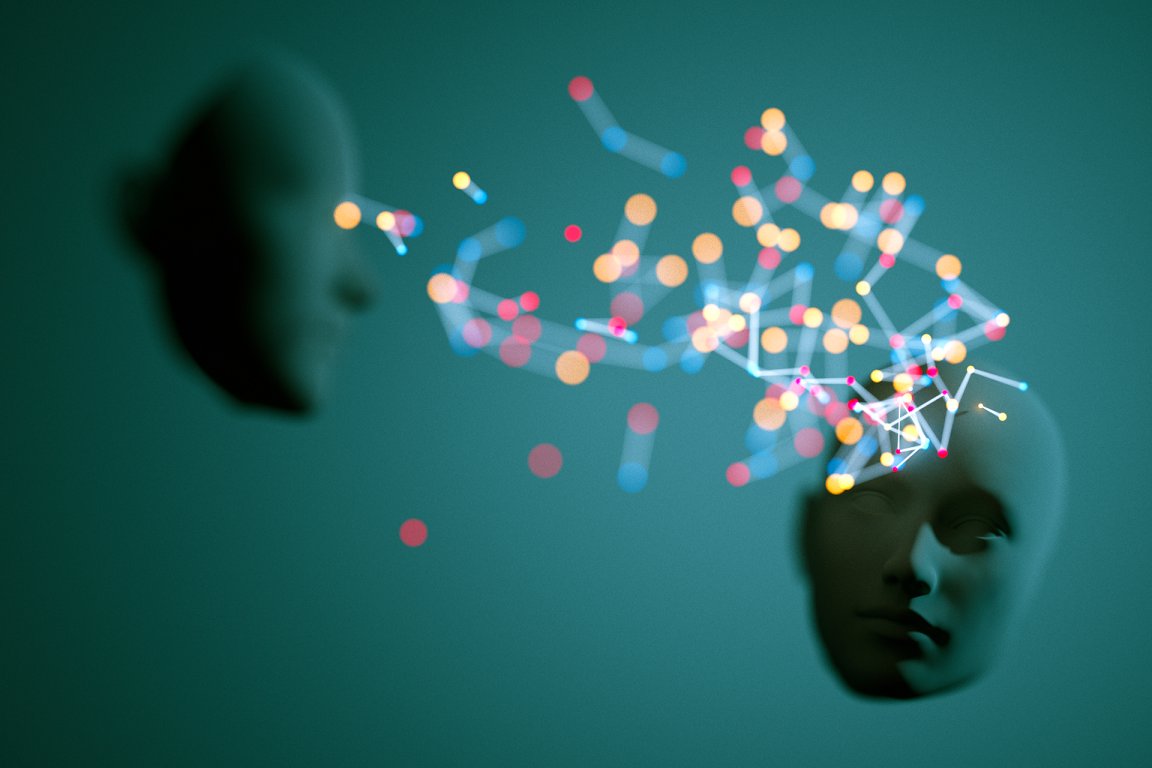
A Virtual Therapist
Advancements in deep learning, virtual reality (VR), and artificial intelligence (AI) may signal an end to issues engrained within the practice of clinical psychology — such as subjectivity and the difficulty of conducting large-scale studies — perhaps leading us into a new era of diagnosing and treating mental disorders.
This new branch of study is known as computational psychiatry. It operates on the tenet that researchers can better understand and treat mental illnesses using the aforementioned technologies. Application vary, but some researchers in the field apply mathematical theories of cognition to data mined from long-standing observations to effectively diagnose and predict cognition, while others use virtual experiments to enable the pure study of human behavior.
Sarah Fineburg of Yale University in New Haven recently published a study that used computational psychiatry to explore borderline personality disorder (BPD), a condition that the National Institute of Mental Health (NIMH) reports includes symptoms such as “ongoing instability in moods, behaviors, self-image, and functioning,” as well as “impulsive actions and unstable relationships.”
For her study, Fineburg observed the responses of people with BPD to events in virtual environments. She used a game called Cyberball in which avatars pass a ball to one another, with the patient in control of one avatar. Though they believe the remaining avatars are controlled by other people, their actions are actually determined by computer systems.
The game allowed Fineburg to monitor the patients’ emotional responses to the frequency with which they were passed the ball. She found that BPD sufferers experienced greater feelings of rejection than non-sufferers when they did not receive the ball, and they also experienced more negative feelings than non-sufferers even when they received the ball more often than the other avatars.
Not only can computational psychiatry be used to study the emotions of BPD patients, it can also help researchers understand their language use, which some have posited was different from that of non-sufferers. However, the data was previously too vast to analyze.“We and others have identified language features that mark psychological states and traits,” Fineberg told MIT Technology Review. “Computational models based on word-use patterns can predict which writers have psychosis or will progress to psychosis.”
An App for Depression
The two strands of computation psychiatry explored by Fineburg — using virtual environments as clinical spaces and using AI to find patterns in large swathes of data — are being used by other researchers to study other disorders.
The use of AI to diagnose disorders and recommend treatments has gained traction in the world of apps, which are acting as “virtual psychotherapists” to treat a variety of mental disorders.
A prime example is Woebot, a chatbot that uses cognitive behavioral therapy principles to help combat depression. The results from a small test of the app were promising, with the majority of users reporting a significant reduction in depression symptoms. Alison Darcy, a lecturer at Stanford who pioneered the app, told Business Insider, “The data blew us away. We were like, this is it.”
The app does have the potential to help people, but there are also some inherent problems with it. Due to the novelty of such systems, no one has yet studied whether or not psychiatric interactions with a computer over an extended period of time are beneficial for patients. Darcy’s study only had 70 total participants and lasted just two weeks, which is likely too short a time period to produce any certainty about the app’s impact.

Virtual environments seem to have fewer pitfalls when used for psychiatric studies. The whole idea of psychology is to study how a person’s perception colors empirical data, so if the senses are sufficiently fooled into believing a virtual scenario is “real,” the results of a VR supported study are just as valid as one conducted in the real world.
In fact, these environments give researchers the ability to learn more than they could from a traditional environment as the VR world can be modified in virtually limitless ways. This enables the study of events that may not be possible in the real world, which gives the researchers a more robust data pool and potentially more clarity on their patient’s cognition.
Indeed, virtual realities and digital environments have already demonstrated their ability to help researchers study and even treat mental disorders. VR can be used to help ex-soldiers overcome symptoms of PTSD, and it has also been shown to help people overcome depression by increasing their self-compassion.
Computational psychiatry could potentially help millions of people, but as with anything that involves the brain, we must careful in how we apply this technology. Without knowing precisely what effect these treatments can have on the mind, we set ourselves up to potentially do more harm than good.